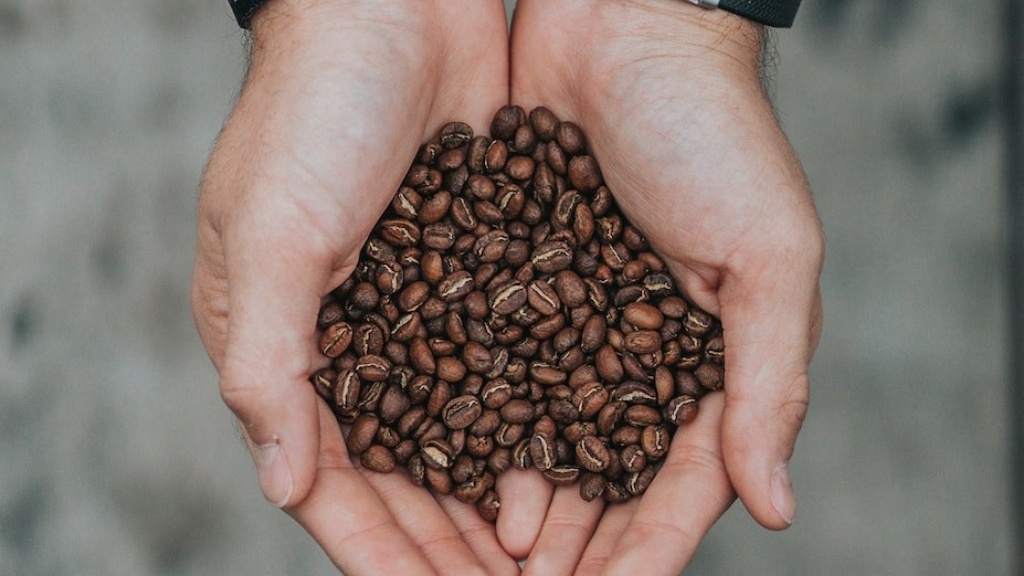Many people on keto diets are always looking for healthier and tastier alternatives to their everyday meals, but also for their morning cup of coffee. But can one indulge in a cup of coffee on the keto diet if it tastes bitter, like black coffee?
When it comes to a keto or low-carb diet, black coffee is generally considered to be “safe.” As it is calorie-free, black coffee will not spike your insulin levels or disrupt your metabolic state. That said, it’s also important to remember that the keto diet is all about eating the right food and being in caloric deficit. This means that while you can have black coffee, it won’t help you lose weight or fat without controlling your diet and lifestyle.
Coffee is also rich in antioxidants and has been linked to a number of health benefits, including reduced risk of type 2 diabetes, prostate cancer, and dementia. In addition, studies have also shown that coffee consumption may help improve cognitive performance and increase mental alertness. So there are definitely health benefits of drinking coffee, but you should make sure you’re keeping your caffeine consumption in check.
Worth noting that when following a keto diet, it’s important to watch the types of milk, creamers, and sweeteners you add to your coffee. Sugars, dairy products, and artificial sweeteners will contain carbohydrates and will disrupt your daily macronutrient intake, potentially kicking you out of ketosis. A popular option for keto-friendly coffee creamer is almond milk, as it contains a lower proportion of carbohydrates – it is ideal for those on a ketogenic diet.
Although black coffee is keto-friendly, that doesn’t mean all coffee drinks are. Many readymade coffees are filled with preservatives, chemicals, and all sorts of things that can disrupt your diet. Therefore, it is always better to make sure you are sticking to the simplest option, like black coffee and using the right sugar-free sugar substitute, if you want it to be special. And if you’re looking for something more than just a cup of black coffee, you can always turn to decaf, which is generally calorie and carb-free.
In conclusion, many people on the keto diet enjoy black coffee as part of their day-to-day diet. But if you’re looking for a more “tasty” version, you should consider adding keto-friendly sweeteners and other ingredients. Doing this can help you enjoy your cup of coffee without disrupting your diet.
Caffeine in coffee
Caffeine is one of the primary constituents of coffee. It is known for its stimulating effects on the brain, boosting energy and alertness. Caffeine is a natural stimulant found in many plants and is one of the most commonly consumed psychoactive drugs in the world. It has been shown to improve physical and mental performance, and even to increase feelings of well-being and happiness.
Although consuming caffeinated beverages can provide benefits, it is important to practice moderation when drinking coffee while on a keto diet. Too much caffeine can cause side effects such as anxiety, insomnia, headaches, and heart palpitations. It can also increase cortisol levels and make it difficult to burn fat. That said, the amount of caffeine you should limit yourself to is highly individual. And most importantly, you should make sure to listen to your body and adjust your intake accordingly.
For most people, having one or two cups of coffee each day should do the trick. If you are looking for more of an energy boost, caffeine pills can be taken in addition to coffee. This will help reduce the amount of coffee you need to drink and also provide you with a more sustained energy lift.
It’s also important to remember that timing is essential when it comes to caffeine consumption. To maximize its positive effects, it is best to drink coffee in the morning or early afternoon. As the day progresses, it will become harder to get the energizing effects of caffeine due to its short half-life.
Supplements for coffee
For those looking to get the most out of their keto coffee, supplements can be a great addition. Some popular coffee supplements include MCT oil, as well as collagen and grass-fed butter. MCT oil helps to provide a long-lasting rush of energy, and can help to improve mental clarity, mood, and focus. It can also act as an appetite suppressant and help to increase fat burning.
Meanwhile, collagen and grass-fed butter provide a source of healthy fats and proteins, which can help to fuel the body and keep you feeling full. They can also help to reduce cravings and support weight loss efforts. Furthermore, they provide additional health benefits, such as helping to improve skin elasticity and joint health.
That said, it’s important to remember that in order to receive the full benefits of these supplements, they must be taken in moderation. Additionally, they may not be suitable for everyone. If you are unsure whether to try a supplement, consult a healthcare professional before introducing it into your diet.
Other options for coffee
For those looking for alternative options to coffee, such as tea or hot chocolate, there are keto-friendly alternatives. Tea is typically low in calories and carbohydrates, making it a suitable option for those on a ketogenic diet. In addition, many herbal teas are naturally caffeine-free, providing a soothing and relaxing alternative to coffee. Just make sure to check labels for added sugars and artificial sweeteners.
Meanwhile, hot chocolate is also suitable for those on a keto diet. But as with tea, you should make sure to check labels for added sugars and artificial sweeteners. Alternatively, you can make your own keto-friendly hot chocolate using nut milks, cocoa powder, and stevia.
Keto-friendly smoothies are also a great option for those looking for a non-coffee alternative. Smoothies can provide a unique balance of nutrients and can be made with a variety of ingredients, such as almond milk, avocado, coconut oil, and MCT oil. This can be a great way to get all the nutrients your body needs and provide lasting energy.
Effects of caffeine on the body
Caffeine is an addictive and widely used substance, and it can have both positive and negative effects on the body. It can cause increased alertness, improved focus, and better cognitive performance in the short term. Over time, however, these effects can wear off, leading to increased tolerance and may, in some cases, lead to dependence.
On the flip side, long-term excessive caffeine consumption can lead to a number of side effects. These may include restlessness, anxiety, headaches, insomnia, high blood pressure, and even heart palpitations. Consuming too much caffeine can also make it difficult to burn fat, as high levels of cortisol are produced, leading to muscle breakdown and fat storage.
That said, the effects of caffeine vary from person to person. Everyone has a different tolerance and sensitivity to caffeine. And while some may be able to consume large amounts without experiencing any side effects, others may feel jittery and uneasy after even a small amount.
Methods to reduce consumption
For those looking to reduce the amount of caffeine in their daily diet or for those who are sensitive to caffeine, there are a few options. First, slowly cutting back on the amount of caffeine you consume can help reduce physical dependence. This can be done either by swapping out your regular coffee for tea or decaf, or by drinking coffee with lower caffeine concentrations.
Another option is to switch to other hot beverages such as herbal tea or hot chocolate. This will help reduce your caffeine intake, but still provide you with some of the benefits of coffee, such as antioxidants and improved cognitive performance.
It’s also important to supplement with non-caffeinated drinks such as water and electrolytes to ensure proper hydration. Proper hydration helps to keep your body functioning optimally and reduces feelings of fatigue and low energy.
Finally, it is important to get enough sleep and rest. This will help to give your body the time and energy it needs to restore and repair itself, enabling you to function better during the day.





